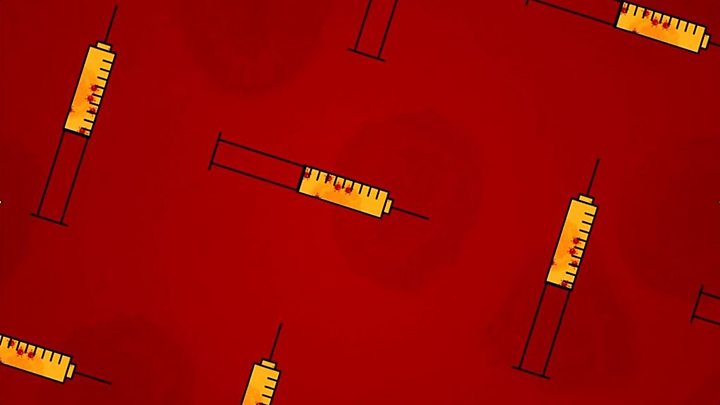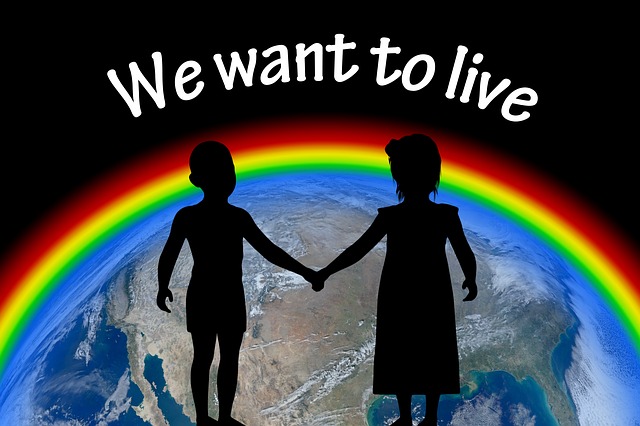Coronavirus News
‘Hundreds dead’ because of Covid-19 misinformation
Image copyright Reuters Image caption Facebook, Twitter and chat apps like WhatsApp have proved fertile ground for unfounded rumours about Covid-19 At least 800 people may have died around the world because of coronavirus-related misinformation in the first three months of this year, researchers say.A study published in the American Journal of Tropical Medicine and…

 Image copyright
Image copyright
Reuters
Facebook, Twitter and chat apps like WhatsApp have proved fertile ground for unfounded rumours about Covid-19
At least 800 people may have died around the world because of coronavirus-related misinformation in the first three months of this year, researchers say.
A study published in the American Journal of Tropical Medicine and Hygiene also estimates that about 5,800 people were admitted to hospital as a result of false information on social media.
Many died from drinking methanol or alcohol-based cleaning products.
They wrongly believing the products to be a cure for the virus.
However, the actual figure may never been known, as data from Iran – where many of the supposed methanol poisoning deaths occurred – is difficult to verify.
The World Health Organization (WHO) has previously said that the “infodemic” surrounding Covid-19 spread just as quickly as the virus itself, with conspiracy theories, rumours and cultural stigma all contributing to deaths and injuries.
False information costs lives
Many of the victims had followed advice resembling credible medical information – such as eating large amounts of garlic or ingesting large quantities of vitamins – as a way of preventing infection, the study’s authors say. Others drank substances such as cow urine.
These actions all had “potentially serious implications” on their health, the researchers say.
The paper concludes that it is the responsibility of international agencies, governments and social media platforms to fight back against this “infodemic”, but tech companies have been criticised for their slow and patchy response. In the UK, laws to regulate online harm might be several years away.
The BBC’s own investigations found links to assaults, arson and deaths as a result of misinformation about the virus, and spoke to doctors, experts and victims about their experiences.
Online rumours led to mob attacks in India and mass poisonings in Iran. Telecommunications engineers have been threatened and attacked and phone masts have been set alight in the UK and other countries because of conspiracy theories that have been incubated and amplified online.
Social media also helps scammers to take advantage of the pandemic, selling ineffective badges that claim to ward off the virus, and urging followers to part with money in exchange for a “mineral miracle supplement”, which is – in reality – diluted bleach.

Media playback is unsupported on your device
Conspiracy threat to Covid-19 vaccine
As vaccines emerge, there is the further threat that anti-vaccine campaigners will use the platform provided by social media to persuade people not to protect themselves.
Despite social media companies removing or labelling misleading information about vaccines, recent polling in the United States showed that 28% of Americans believe that Bill Gates wants to use vaccines to implant microchips in people.
The achievement of an effective coronavirus vaccine could be completely undermined by misinformation, doctors told the BBC’s anti-disinformation team.

Subscribe to the newsletter news
We hate SPAM and promise to keep your email address safe




